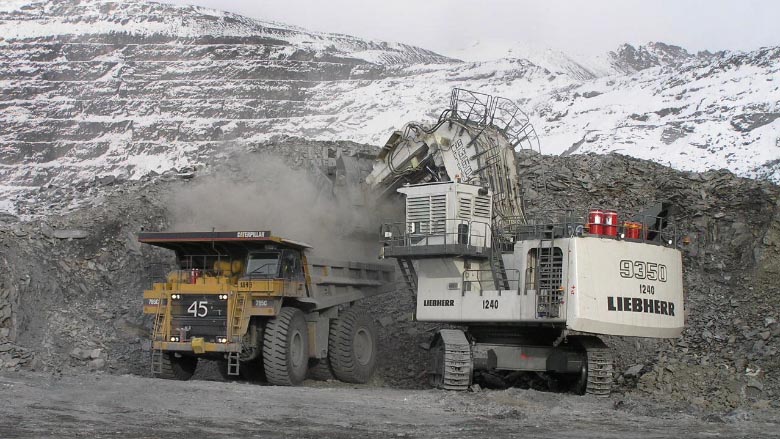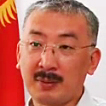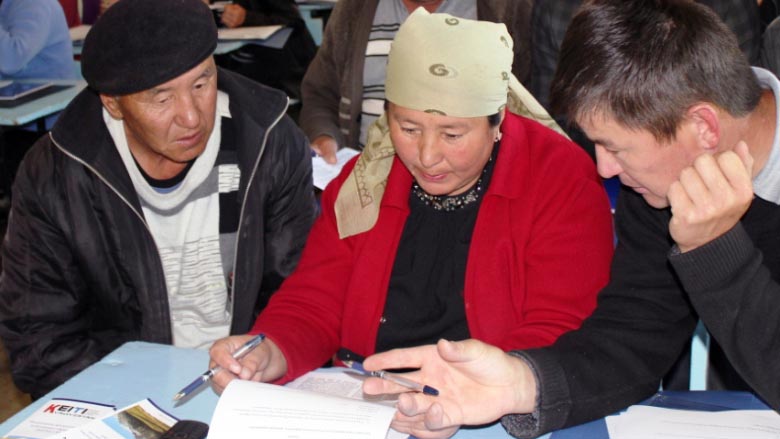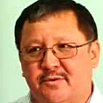The Kyrgyz Republic is rich in gold and other minerals. And so the mining industry is one of the biggest parts of the country’s economy, responsible for about 10 percent of the total GDP and over 40 percent of its export earnings.
To ensure that the mining industry is accountable and transparent, the Kyrgyz Republic joined the Extractive Industries Transparency Initiative (EITI) in 2004, which encourages participation from public interest groups, also called civil society organizations (CSOs).
Under EITI, all tax revenues paid by mining companies have to be reported separately by the government and the companies to ensure that they are the same. These are monitored by a Committee that includes representatives of the government, civil society, and the mining companies.
In addition, starting in the next report, due later in 2014, all mining licenses must be made public as well as the production of each mine and any payments to local governments. The process of “watch-dogging” mining interests is gaining ground, as local groups, the government, and the mining industry embrace EITI.
Participation and transparency are key, says Kalia Moldogazieva, Director of the “Tree of Life” CSO. “The idea of equal participation of CSOs is important. CSOs need to know what’s happening because the mineral resources belong to the people of the Kyrgyz Republic, and they need to know what’s going on.”





